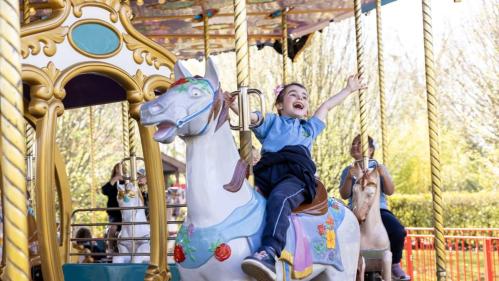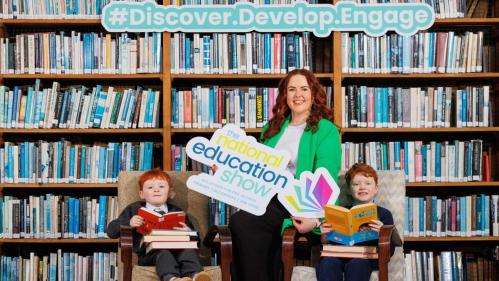A child who is considered a slow learner will have below average intelligence and their thinking skillswill be considered below normal for her age. This child will transition through the same basic developmental stages as other children,however, they will do so at a much slower rate. While, this development may be significantly slower, it is relatively even.
A child with a specific learning disability, in contrast, will have average or above average intelligence and will have specific difficulties which can make learning very challenging. There may be something lacking in basic central nervous system functions, which have to do with the development and use of speaking, writing, listening, reasoning or mathematical abilities. Their ability to pay attention, use memory, language, auditory and visual perception, motor coordination and planning, spatial orientation, impulse control and sequencing may be challenged. If there is a discrepancy between the child’s potential and actual achievement, it’ is normally defined as a specific learning difficulty. Slow learners will always be behind their chronological peers. That doesn't mean they can't be expected to improve, it just means that progress will be slower.
A child with a specific learning disability, in contrast, will have average or above average intelligence and will have specific difficulties which can make learning very challenging. There may be something lacking in basic central nervous system functions, which have to do with the development and use of speaking, writing, listening, reasoning or mathematical abilities. Their ability to pay attention, use memory, language, auditory and visual perception, motor coordination and planning, spatial orientation, impulse control and sequencing may be challenged. If there is a discrepancy between the child’s potential and actual achievement, it’ is normally defined as a specific learning difficulty. Slow learners will always be behind their chronological peers. That doesn't mean they can't be expected to improve, it just means that progress will be slower.
Children with a specific learning difficulty can be expected to reach age appropriate academic levels in time, some even get accepted to college without highschool diploma. Some symptoms that may indicate learning disabilities or difficulties include:
Reading
Your child may confuse similar words and letters, lose place, repeat words, not read fluently, persist in using fingers to follow on, avoid or dislike having to read.
Spelling
A child may use the wrong order of letters in words, have problems associating correct sounds with the relevant letter and may reverse letters, e.g. writing 'b' as 'd'.
Mathematics
A child may have difficulty connecting numbers with symbols, may not remember number facts, may confuse columns and spacing, have difficulties with story problems and difficulty comprehending maths concepts.
Physical
- Physical symptoms can include things such as:
- Perceptual motor difficulties
- Visual perception difficulties
- Poor visual decoding
- General coordination with things like balance and eye-hand issues
- Poor auditory memory and difficulties following sequence of directions
- Attention deficit and lack of adequate eye movement control.
Psychological
These can vary widely but can include things such as being emotionally unstable, having difficulty learning by ordinary methods, low social acceptance, low self-esteem and being generally disorganised.
Social, emotional and behavioural
These can include things such as hyperactivity, being quiet, nervous and fidgety, being impulsive,having poor concentration span, low frustration span, low frustration tolerance and emotion.
What should you do if you suspect your child has a learning disability?
It is vital to arrange an accurate and helpful assessment of your child which will enable teachers, schools and parents to create an education that suits them. A learning difficulty is not always a problem, particularly if it is identified early and dealt with properly.






